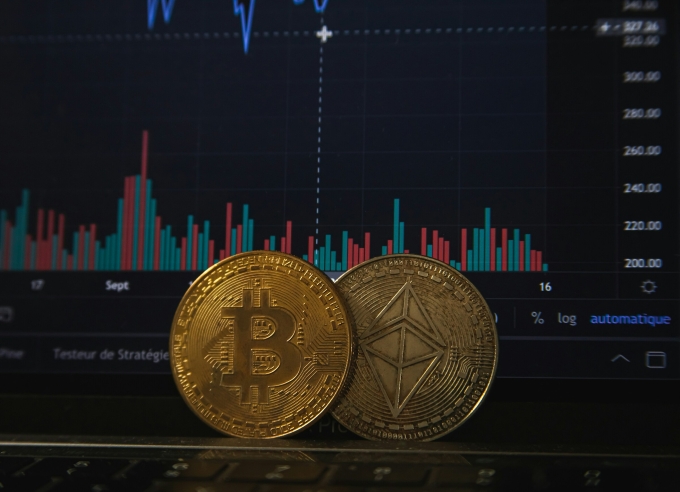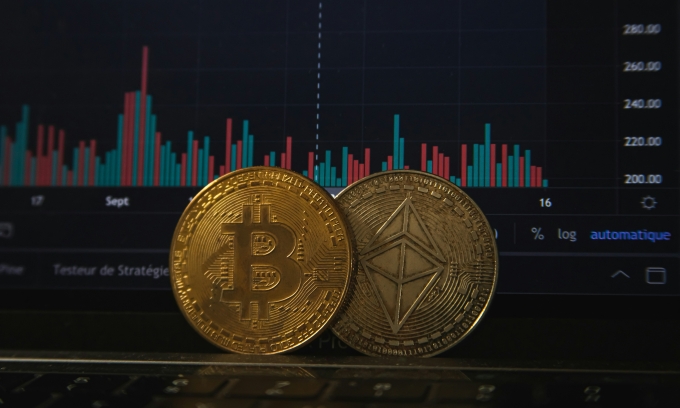Founded by Vietnamese engineers who graduated from the Massachusetts Institute of Technology in the U.S. and fully complied with international standards, the company could not even register a business in Vietnam due to the absence of a legal framework for cryptocurrencies.
This is not an isolated case but part of a broader trend of crypto startups relocating overseas to gain legal recognition as a result of an outdated mindset that says: if it cannot be controlled, ban it.
Vietnam ranks among the world’s top countries in cryptocurrency adoption.
According to Chainalysis, between 2021 and 2023 Vietnam consistently placed in the global top five, surpassing even developed markets.
Millions of Vietnamese own digital assets like Bitcoin and Ethereum, but there is still no clear legal framework yet.
The government neither bans nor acknowledges crypto, leaving investors and startups in a legal gray zone.
Without regulatory clarity, authorities are left to apply outdated laws to manage emerging risks.
 |
|
Bitcoin and Ethereum tokens. Illustration photo by Unsplash |
The State Bank of Vietnam has repeatedly warned against using crypto for payments, but transactions continue in the shadows, without consumer protection, tax oversight or accountability.
As of mid-2025 there are still no regulations classifying cryptocurrencies as assets, legal tender or securities. The consequences are significant: investors who lose money cannot seek legal recourse, startups cannot open bank accounts and the government collects no tax on billions of dollars worth of trading.
Meanwhile, countries with similar governance profiles have moved forward.
Singapore is a prime example.
Confronted with the same dilemma – of how to balance innovation with risk management – it took early action.
In 2019 Singapore passed the Payment Services Act, licensing crypto exchanges to operate under a regulatory sandbox.
These businesses must meet anti-money laundering standards, ensure consumer protection and securely store digital assets.
This forward-thinking approach has made Singapore a digital asset hub in Asia: Major players like Binance, Coinbase and Ripple have opened offices there; local companies benefit from better access to capital and global partnerships; and, most importantly, both investors and consumers enjoy legal protection.
The UAE followed suit.
In 2022 Dubai launched the Virtual Assets Regulatory Authority to oversee crypto-related businesses.
Rather than banning crypto, the UAE created a robust framework that supports innovation while maintaining close oversight.
In Brazil, the world’s seventh-largest crypto market, lawmakers passed a bill in 2022 recognizing digital assets like Bitcoin as financial instruments.
The securities regulator issued guidelines for token issuance, and the central bank is piloting a digital currency called Drex.
Brazil now attracts significant fintech investment while also maintaining control over the flow of money.
Vietnam, on the other hand, continues to delay regulatory progress. As a result, promising blockchain projects like Kyber Network, Coin98, and TomoChain, founded by Vietnamese, must register abroad to raise capital, while their teams and operations remain in Vietnam.
The innovation happens here, but the recognition, funding and tax benefits go elsewhere.
So, what can Vietnam do?
First, it must establish an official legal framework recognizing digital assets as a lawful asset class.
These assets should be under government oversight to ensure accountability.
Second, regulations must distinguish between various types of digital assets.
Cryptocurrencies like Bitcoin differ from security tokens, stablecoins and NFTs. Each has unique characteristics and risks that require tailored policies.
It makes sense to begin with those easiest to manage, such as fiat-backed stablecoins, through pilot programs.
Third, the government needs to build institutional capacity. Currently few state agencies have much expertise in blockchain or crypto. Vietnam should therefore invest in training civil servants, collaborate with universities and research institutions and bring in international experts to ensure thoughtful, effective governance.
Fourth, any legal framework must prioritize transparency and investor protection. Crypto exchanges should be required to disclose risks, follow asset custody standards, and take responsibility for user losses. It should not be the case, as it is today, that “if you lose money, it’s your own fault.”
Cryptocurrencies are not a threat – they are a challenge but also an opportunity.
If Vietnam can overcome its fear of the unknown, it can move from being a passive user of digital assets to a leader in the global crypto economy.
*Dinh Hong Ky is a businessman.

